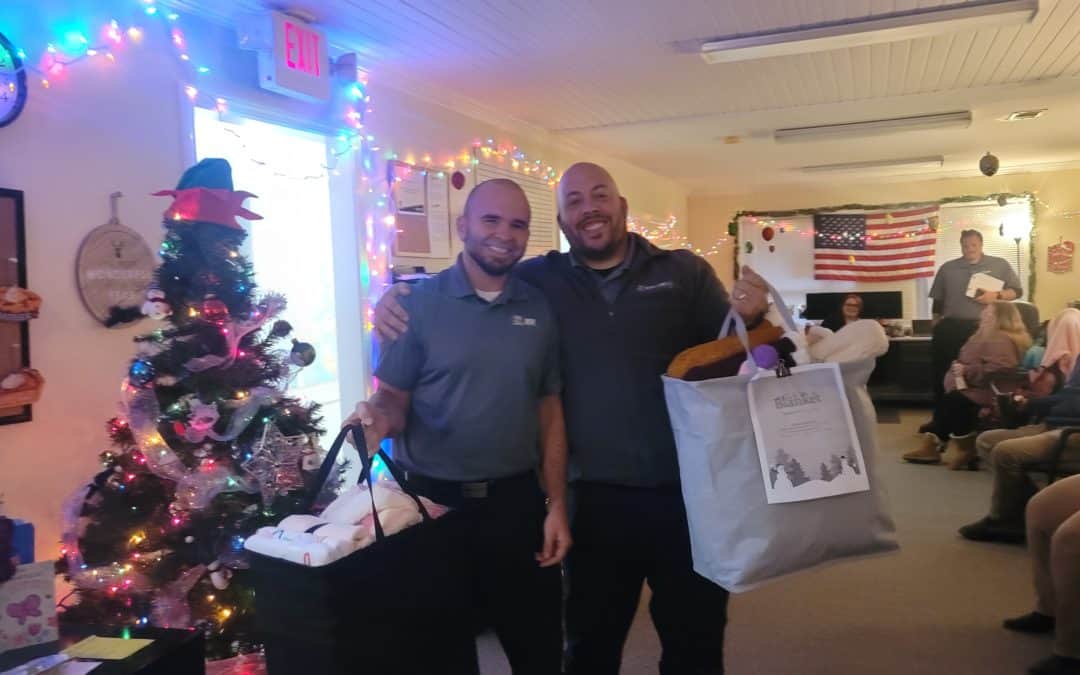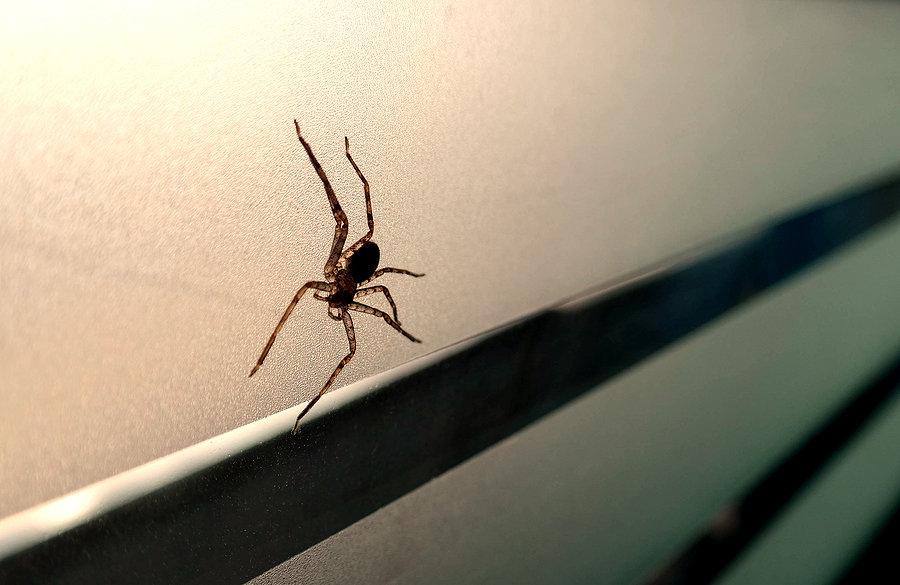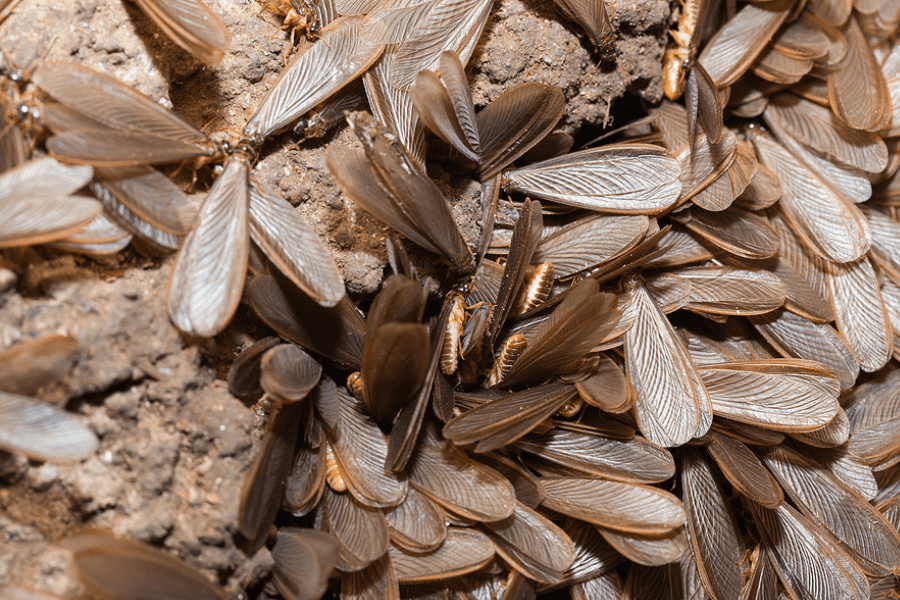READY TO GET STARTED?
REQUEST A FREE ESTIMATE
Fill out the form below or call (888) 466-7849 for a free, no-obligation estimate.

Our Good Deed Team partnered with Dwayne & Cynthia Willetts Children’s Hospital again this year to bring some holiday cheer to the children in Savannah. Teammates from across the Southeast donated items to decorate the hospital rooms this holiday season.
Together, teammates were able to collect and donate over 35 bags of Christmas decorations, including window clings, Christmas trees, ornaments, and more. This initiative is one that teammates look forward to every year, and we are grateful to continue the tradition.
The collection of holiday items and decoration of the rooms means a lot to the families spending time in the hospital during the holiday season. This year, the team was allowed to meet with the families and children who received the decorations, hopefully bringing a bit of cheer and holiday spirit with them.
We are grateful to be able to bring a small amount of holiday joy to the families and children, and we are especially thankful to the Savannah Children’s Hospital team for continuing to allow the opportunity for our team to collect, donate, and decorate each year. Our team can’t wait until we can do this again for the hospital next holiday season!

Our Miami Gardens Service Center has been hard at work positively impacting the surrounding community. Recently, they were able to get together and collect supplies requested by the local Miami Humane Society. The team collected toys and other supplies, like food and treats, needed for the facility to keep running smoothly.
Our team had a great time giving back to our four-legged friends this holiday season and they even received a tour of the entire facility. Many of our local Miami, FL teammates have a heart for animals, so the team is looking forward to supporting and helping the Miami Humane Society again soon.
The Miami Humane Society is always look for volunteers and donations. If you wish to get involved with the Miami Humane Society, visit here: www.humanesocietymiami.org

Finding opportunities to serve one another and our surrounding communities is never difficult for our Canton Service Center! Recently, the team was able to participate in Hugs in a Blanket to support the Cherokee Recreation & Parks Agency donation efforts.
Hugs in a Blanket is an event that is held yearly by the Cherokee Recreation & Parks team to accept donations in support of helping seniors in need. The Canton team was able to fill two large laundry baskets full of blankets, slippers, and caring notes.
We are blessed to have Northwest teammates who will always look for ways to care for and serve their surrounding communities. Our Canton team can’t wait until the next give-back-moment comes around!

It’s a common myth that spiders come into our homes to overwinter until spring. In actuality, they most likely were already there to begin with. These household pests are more active in fall and early winter for two main reasons: they are preparing winter and the upcoming scarcity of food and they are mating and in search of a partner to reproduce with.
House spiders take up residence in your home year-round. Spiders can be beneficial to have around as a form of natural pest control as they eat other insects (even other spiders) found around your house.
One exception to this is the brown recluse spider. They will seek warmth and food indoors in the winter by hiding out in dark, unused areas of your home. Brown recluses are identified by the distinct violin-shaped mark on their back. They will bite and are considered harmful to humans.
You can prevent spiders in your home by:
If you have an issue with spiders, contact your local pest control company for an inspection.
When Does Swarming Season Begin?
Should I Worry About Cockroaches?

The new year has begun and although the weather is chilly now, the luxuries of living in the south typically means that warmer weather appears sooner than later. This means that termite swarming season is just around the corner, with the earliest swarms beginning in February. Let’s break down what to expect this swarming season.
Termite swarmers, often mistaken for winged ants, are most active during the spring months, when they fly away from their colony to reproduce. These swarmers are attracted to bright, light areas often seen around doors and windows in homes. Fortunately, they don’t cause wood damage, but seeing a group of them around your property typically means a colony is nearby.
The southeastern region of the United States is home to a variety of termites, including the subterranean, drywood, and Formosan species. Subterranean is the most common type of termite found in the southeast. They live underground in colonies that can get up to two million members. They are also known to be found in moist, secluded areas above ground. With their hard, saw-toothed jaws that work like shears, they are known to cause significant damage to properties.
If you suspect termite swarming activity or just want to get a step ahead at termite prevention, contact your local pest control company and schedule your free inspection.